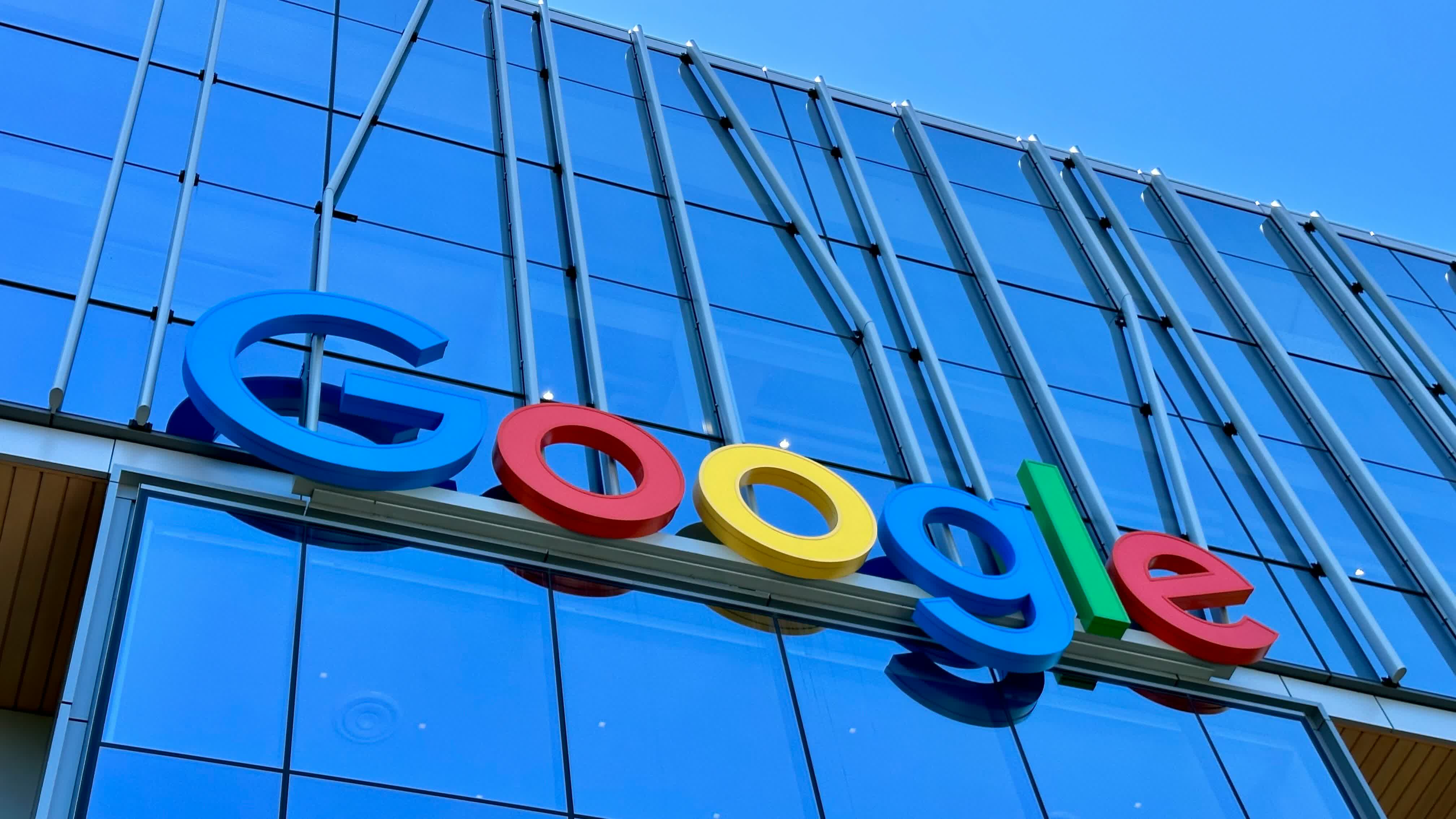Why it matters: Sources say the Department of Justice is considering an attempt to break up Google's corporate empire following a landmark court decision that found the search giant guilty of illegally monopolizing the online search market. Such a move would be on a similar scale as the government's attempt to break up Microsoft about two decades ago in the infamous antitrust case.

The Microsoft antitrust case didn't lead to the company being dismantled, but the DOJ seems intent on not letting Google off so easily after Judge Amit Mehta's scathing August 5 ruling.
According to a Bloomberg report, forcing a divestment of Android and Chrome is among the DOJ's top options on the table right now. Android powers over 2.5 billion devices globally, while Chrome is the world's dominant web browser. By bundling these products with requirements for device makers, Mehta found Google unfairly shuts out competition in search.
A full breakup taking those key pieces away from Google isn't a done deal yet, though. The sources who spoke to the publication also revealed that the DOJ is weighing other potential remedies, such as making Google share more data with rivals or putting guardrails around how it can leverage its search dominance in emerging areas like AI.

DOJ lawyers are worried that Google's control over these ads, combined with its reams of user data from dominating search traffic, gives it an unfair advantage as the tech titans race to develop advanced AI systems. They may ask the court to force Google to stop requiring sites to hand over content data to appear in search results, which could handicap its AI efforts.
Even if the breakup doesn't go according to plan, at minimum, we can likely expect the feds to try banning the kind of exclusionary contracts that were central to this antitrust case.
There's also talk of potentially spinning off Google's AdWords platform, which sells those text-based advertisements that appear atop search results. Those ads raked in over $100 billion for Google in 2020 alone, according to court testimony, so losing that cash cow would be a huge blow.
Then there's the data itself – a potential remedy could be requiring Google to share its treasure trove of user data relating to online behavior and interests with search competitors like Microsoft's Bing. Mehta's ruling found that Google's data pool is 16 times larger than its nearest rival.
No matter what is decided, this won't be a quick process. Google has vowed to appeal Mehta's initial ruling. And even if the DOJ does ultimately file for a corporate breakup or other strict remedies to force the company's compliance, it would still need to pass through several rounds of hearings, which could take months, or even years.
US is considering breaking up Google, targeting Android and Chrome